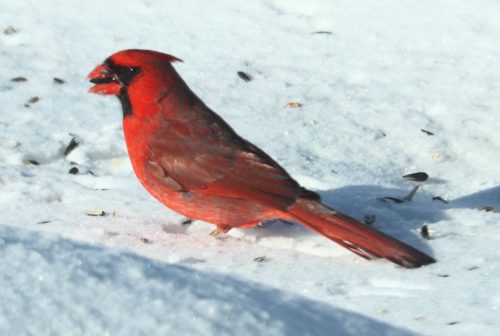I am surprised that Philadelphia, a city that has medical schools and hospitals, turned to a small group of enthusiastic college kids to help with their rollout of the COVID vaccine. Enthusiastic volunteers are great, but these young people were in charge of the management of the vaccinations, and that wasn’t a very good idea.
Philadelphia is home to some of the most venerated medical institutions in the country. Yet when it came time to set up the city’s first and largest coronavirus mass vaccination site, officials turned to the start-up Philly Fighting COVID, a self-described “group of college kids” with minimal health-care experience.
Chaos ensued.
Seniors were left in tears after finding that appointments they’d made through a bungled sign-up form wouldn’t be honored. The group switched to a for-profit model without publicizing the change and added a privacy policy that would allow it to sell users’ personal data. One volunteer alleged that the 22-year-old CEO had pocketed vaccine doses. Another described a “free-for-all” where unsupervised 18- and 19-year-olds vaccinated one another and posed for photos.
Again, tapping into youthful energy is a great idea, expecting youthful energy to manage a serious enterprise responsibly is not wise. I’ve known some 22 year olds who’d definitely have taken the job very seriously, but the guy who ran this show comes off as a glad-handing entrepreneur-type, which Drexel has in spades, and sounds like someone who is eager to self-promote himself into a CEO position for anything.
Just a few weeks ago, Philly Fighting COVID was receiving glowing coverage from the likes of NBC’s “Today.” The group had a compelling story: Doroshin, a graduate student at Drexel University, helped orchestrate an effort to use 3-D printers to make free face shields for hospital workers at the start of the pandemic. By summer, he and his friends were running their own pop-up testing sites citywide.
But as Philadelphia magazine reported, the group’s “executive team” lacked anyone with a medical degree or advanced degree in public health. Doroshin himself listed a résumé that included stints teaching a high school film class, producing videos of people longboarding and practicing parkour, and founding a nonprofit that, according to Philadelphia magazine, “mostly consisted of a meme-heavy Twitter account, some minor community lobbying, and a fundraiser with a $50,000 goal that netted $684.”
After all, who needs expertise?
Speaking to “Today,” Doroshin said that his lack of a traditional public health background allowed him to “think a little differently” and speed up the vaccination process. In another interview, he expressed hopes of setting up a McDonald’s-like franchise and suggested that best practices for administering vaccine doses “can go out the window.”
It may also be that the group was superfluous, leaving open the question why they were given this job.
When asked why the city didn’t initially partner with Penn, Temple, or another medical powerhouse for the vaccine rollout, Farley [Philadelphia Health Commissioner] said he wasn’t sure whether the organizations would have agreed to help when they were already tasked with vaccinating their own staff.
“In retrospect, I wish we hadn’t worked with Philly Fighting COVID,” he said. However, Farley said the fractured partnership “will not overall slow down our vaccination process,” adding that the city is limited by the number of vaccine doses it has, not by the number of people who can administer it.
Identifying the mission-critical bottlenecks seems like a job for an experienced manager, and Doroshin wasn’t it. My own experience here in Minnesota is that we don’t have a surplus of vaccine at all, and our queries about getting it have been met with recommendations that we just sit and wait patiently for everyone with higher priority to get theirs, and while I’m sure we’ve got plenty of college students who’d be willing to help, there just isn’t any vaccine for them to help with.






